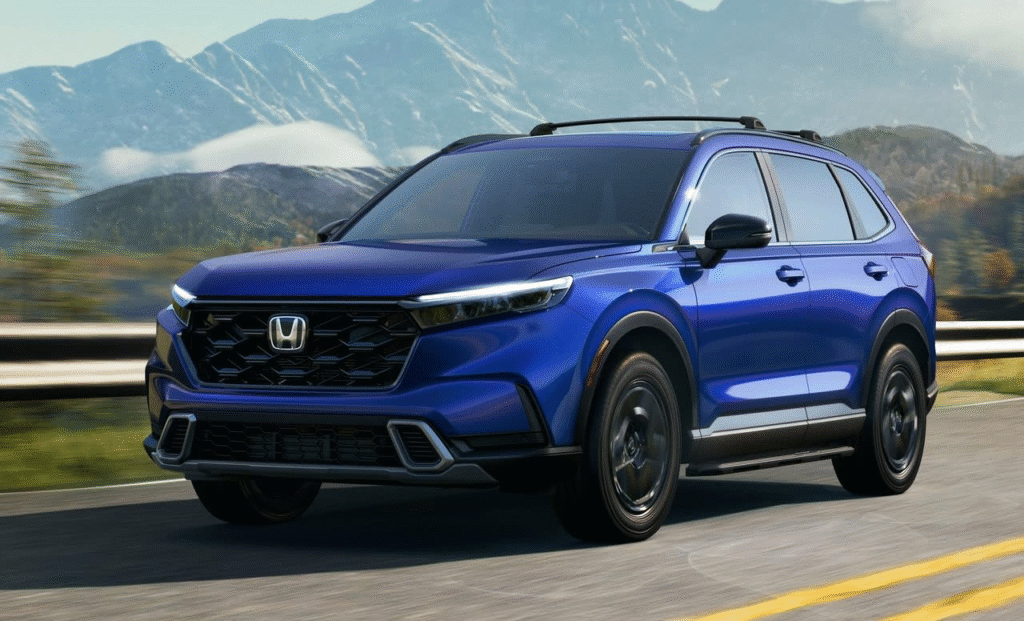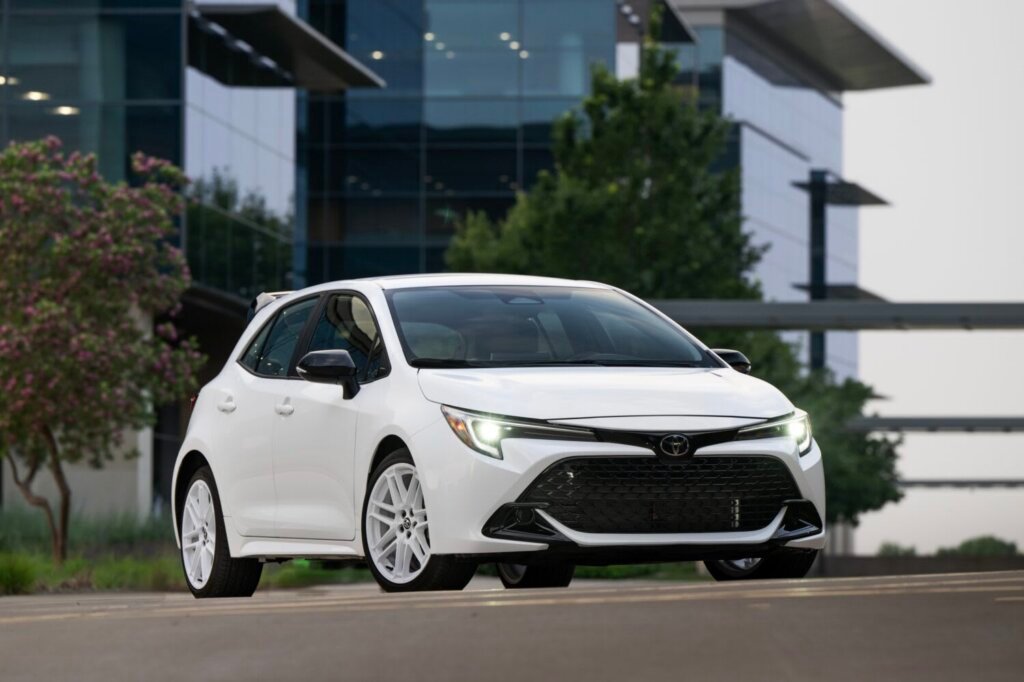Car Brand Loyalty Drops Below 50% as Buyers Chase Better Deals Amidst Tariffs
New York, NY – Car brand loyalty in the U.S. has dipped below 50% for the first time in recent memory, primarily due to shifting market conditions, increased model availability, aggressive incentives, and the persistent impact of tariffs. The J.D. Power 2025 U.S. Automotive Brand Loyalty Study, based on transaction data from September 2024 through August 2025, reveals that while established brands still lead in loyalty, the overall trend reflects a market where buyers are increasingly willing to switch brands in pursuit of better value.

Toyota and Honda Maintain Lead in Mass Market; Ford Dominates Trucks
For the fourth consecutive year, Toyota ranks highest for loyalty among mass-market brands, boasting a 62% loyalty rate, a slight dip from 62.5% last year. Strong performers like the RAV4, Camry, and Corolla are credited with maintaining this strong retention. Honda followed in second place with a 55.5% loyalty rate, notably topping the mass-market SUV category at 62%, largely driven by the popular CR-V. Subaru was close behind for mass-market SUVs at 60.6%.
In the premium segment:
- Porsche led premium car brands with 58.2% loyalty.
- Mercedes-Benz came in second at 49.7%.
- Lexus topped the premium SUV category with 57.4%, followed by BMW at 54%.
Unsurprisingly, Ford maintained its dominance in the truck segment, achieving the highest loyalty rate in the entire study at 66.6%, with Toyota trucks following at 61.2%.
Tyson Jominy, senior vice president of data & analytics at J.D. Power, highlighted the importance of loyalty: “Brand loyalty matters to vehicle buyers because it’s often associated with higher residual values, making vehicles from trusted brands a more financially sound choice over time.”
Tariffs and Incentives Drive Down Overall Loyalty
Last year, overall automotive brand loyalty stood at 51%, but it has now declined to 49%. Jominy attributes this drop to several factors:
- Segment Switching: Loyalty typically declines when buyers move to a new vehicle segment.
- Market Conditions: Increased model availability, varying age of products, and particularly aggressive incentive offers are pushing buyers to consider alternatives.
Tariffs play a significant role in this dynamic. The typical price of a new car has increased by almost $2,000 due to tariffs, prompting many automakers to offer substantial incentives. These aggressive deals can easily sway buyers away from their usual brand in favor of the best financial offer.
There has been some recent relief, with U.S. tariffs on Japanese cars and parts reduced to 15% (down from 27.5%). However, this intensifies pressure on European brands, pushing companies like Volvo to plan for more localized production. Furthermore, the expiration of the federal EV tax credit at the end of this month is also expected to impact brand loyalty, especially for manufacturers with large EV portfolios.
In this dynamic market, consumers are advised to cast a wider net when shopping for a new car, as attractive deals from previously unconsidered brands could offer significant savings and value.
Also Read – Nissan Ariya Discontinued, Now a Bargain EV: Used Models Under $22,000




Pingback: Toyota Collaborates On Sports Cars Like Supra & GR86 (It's Not Because They Can't Go Solo) - Mechhelp